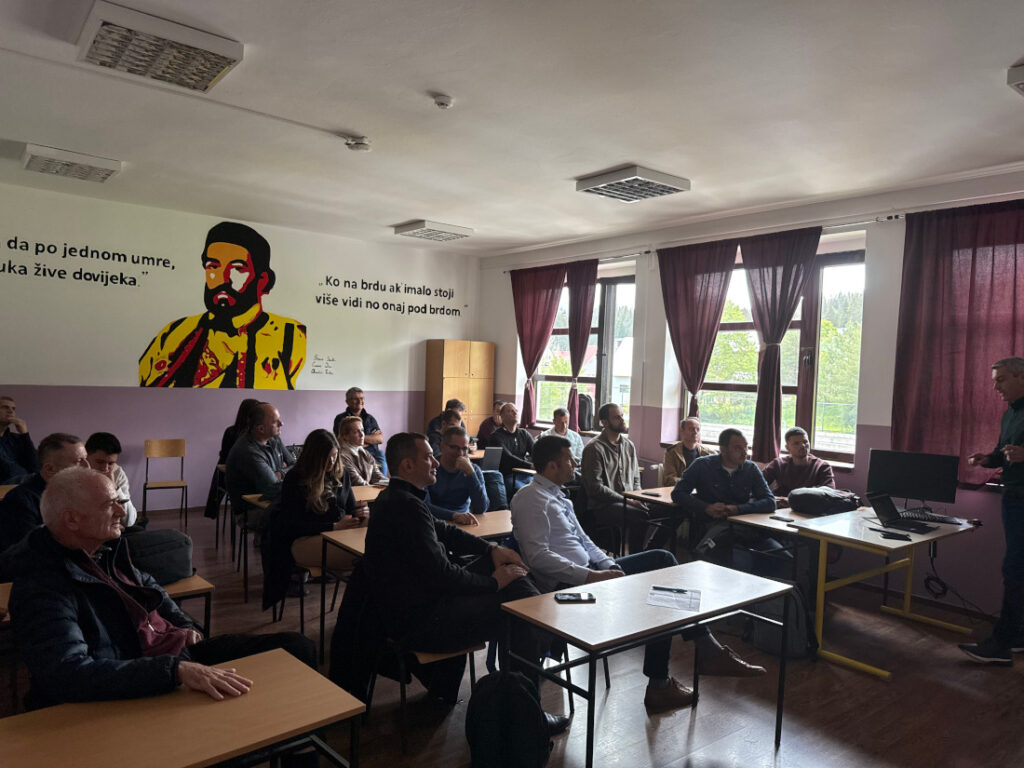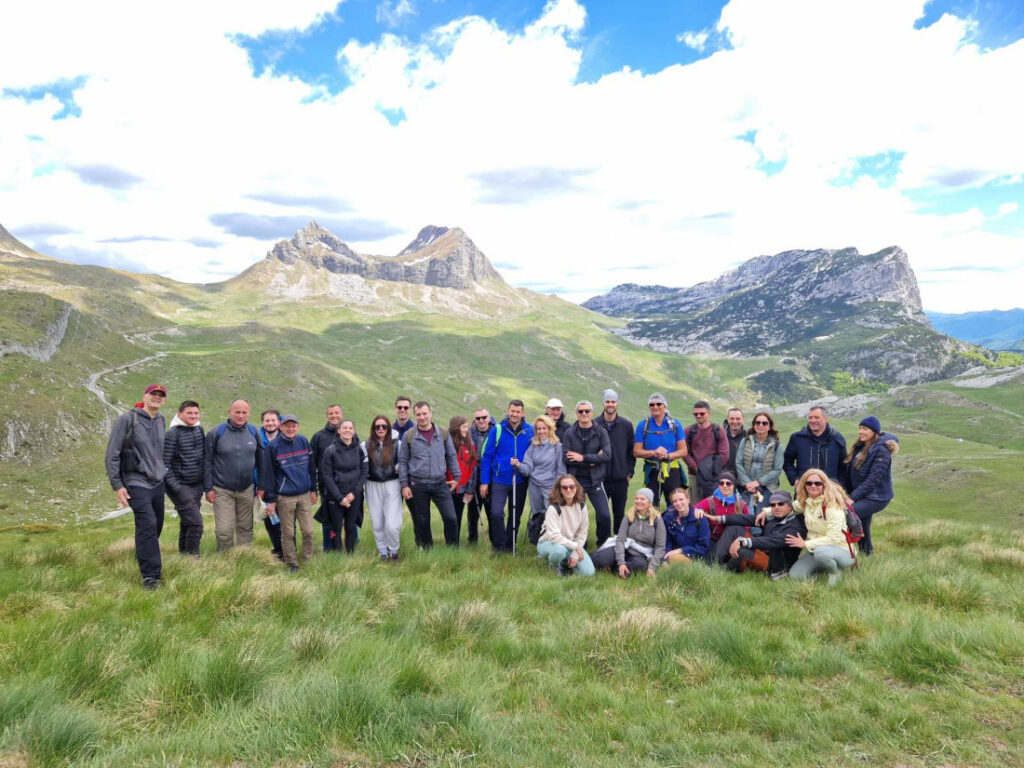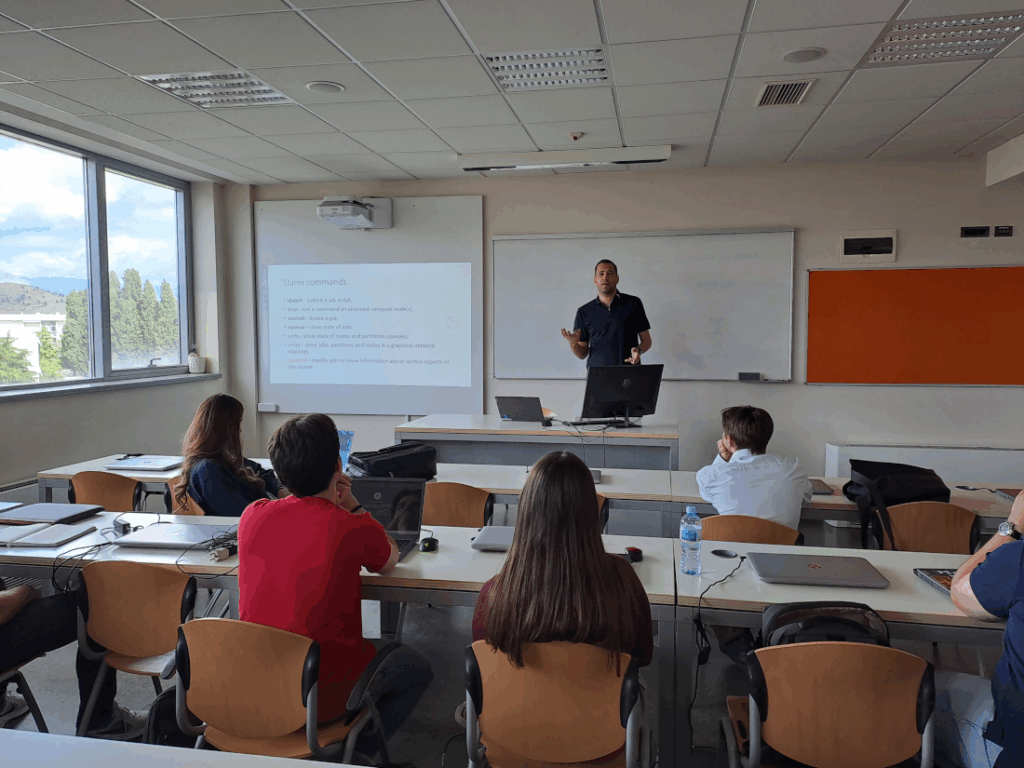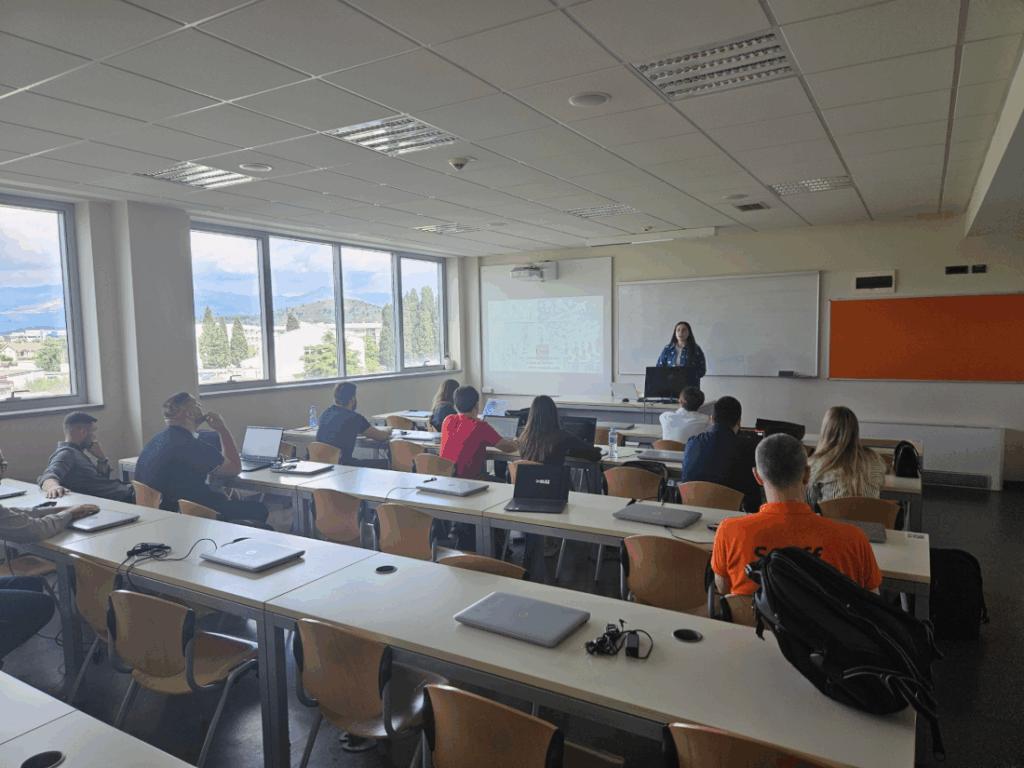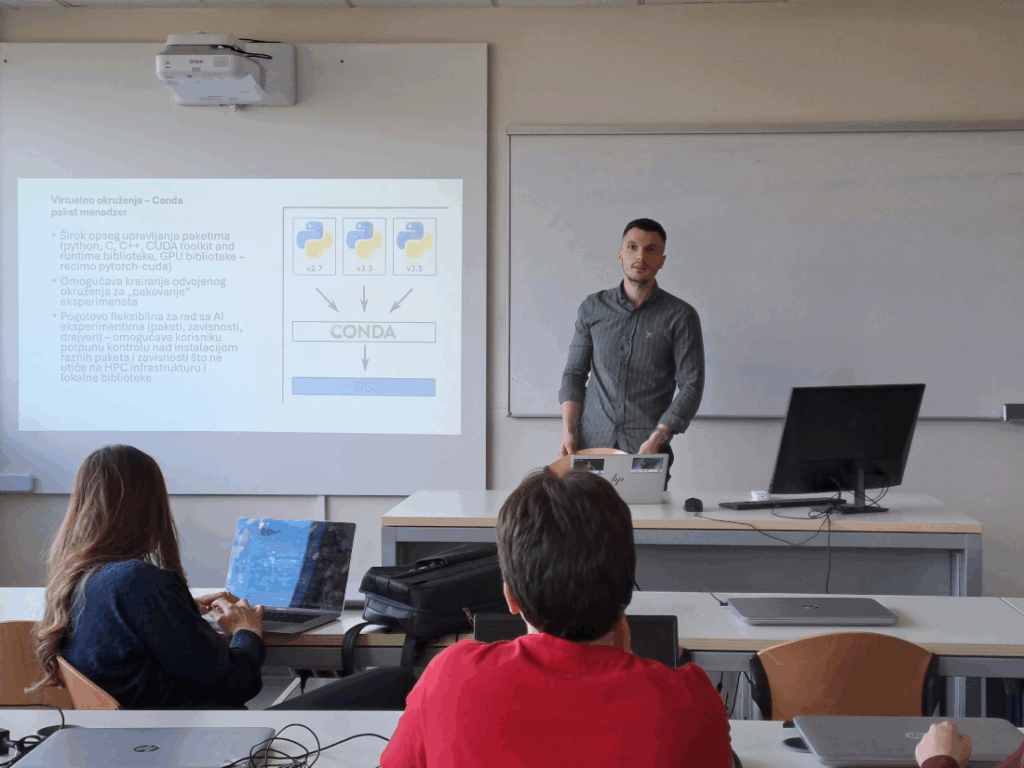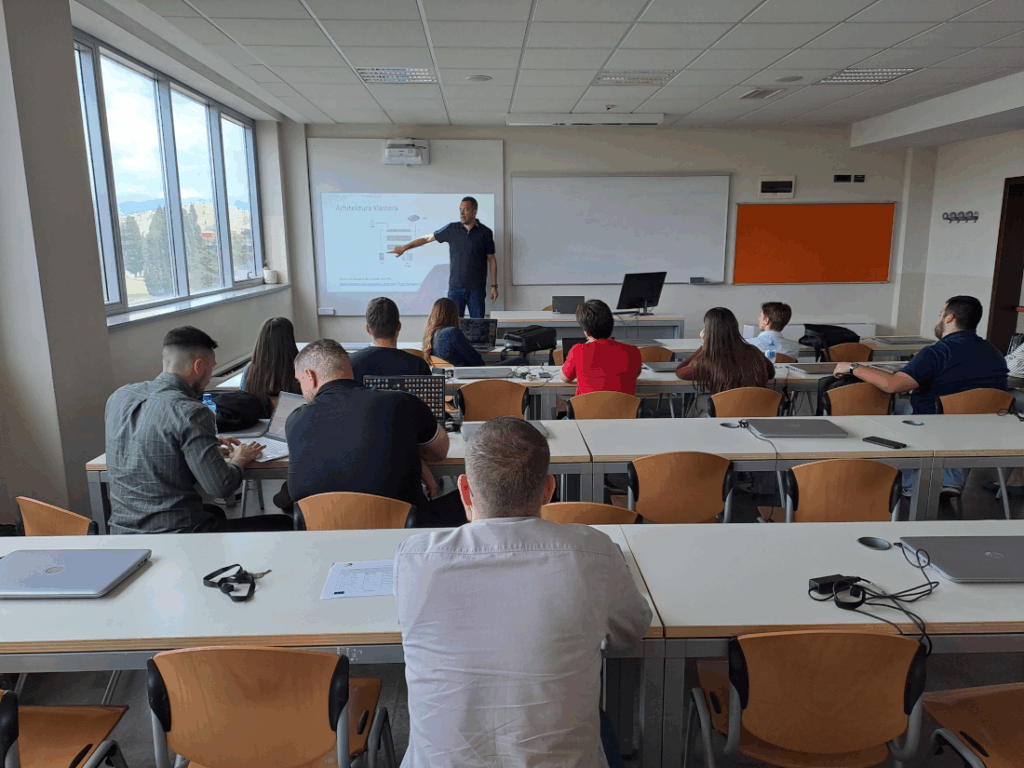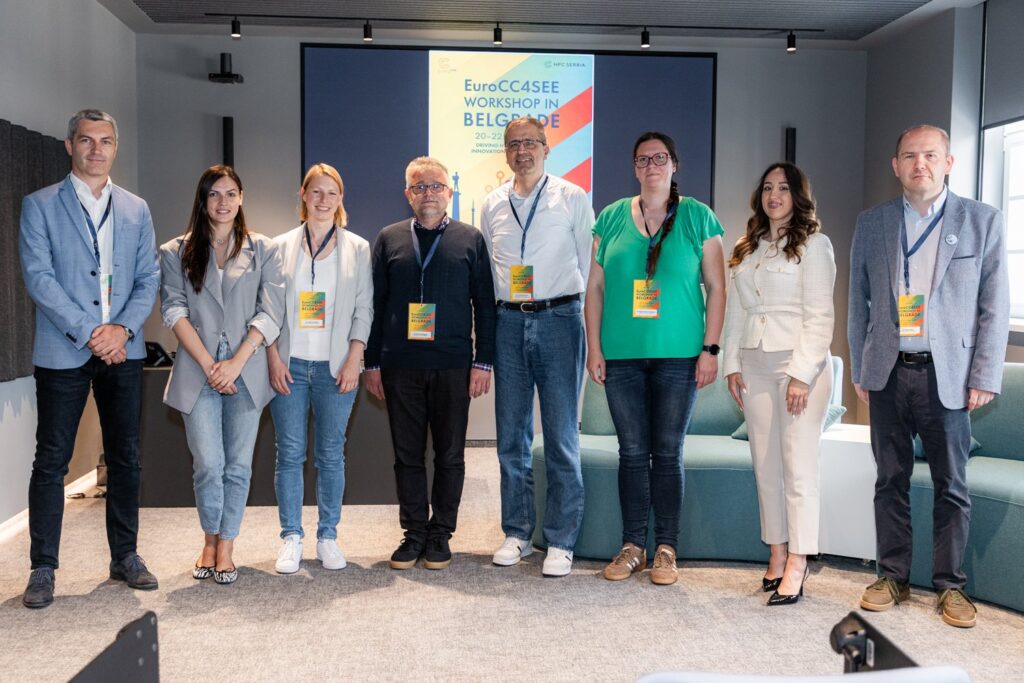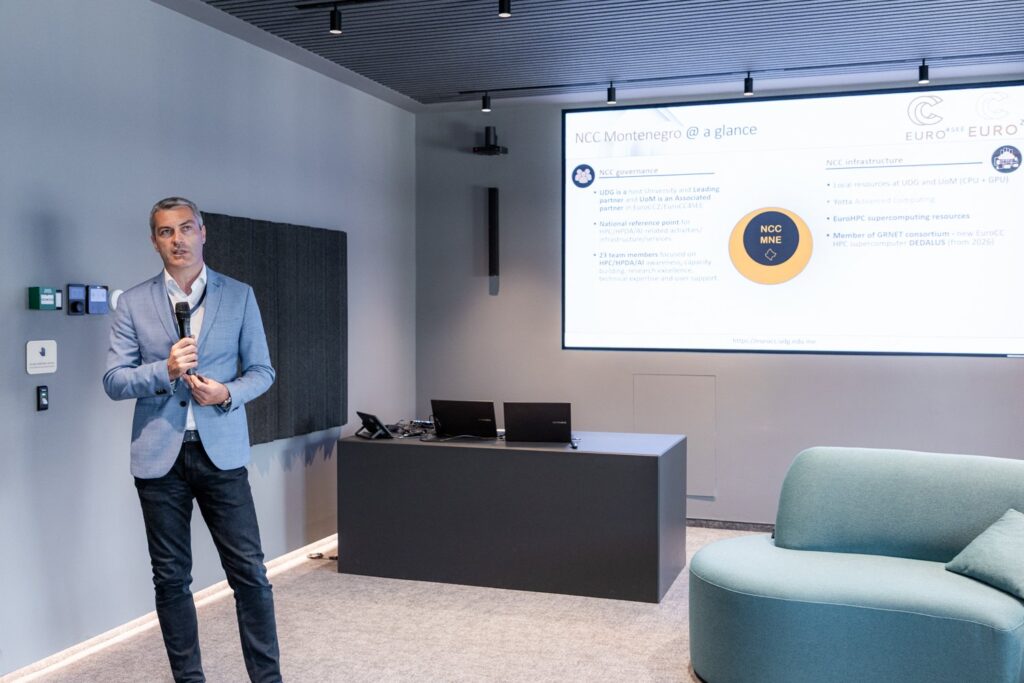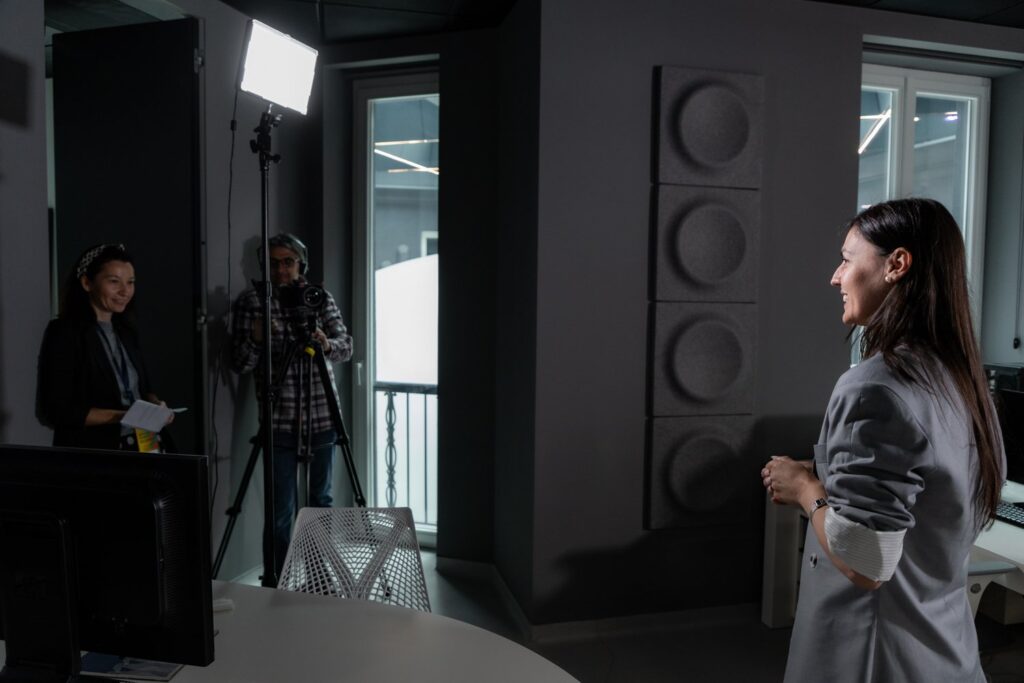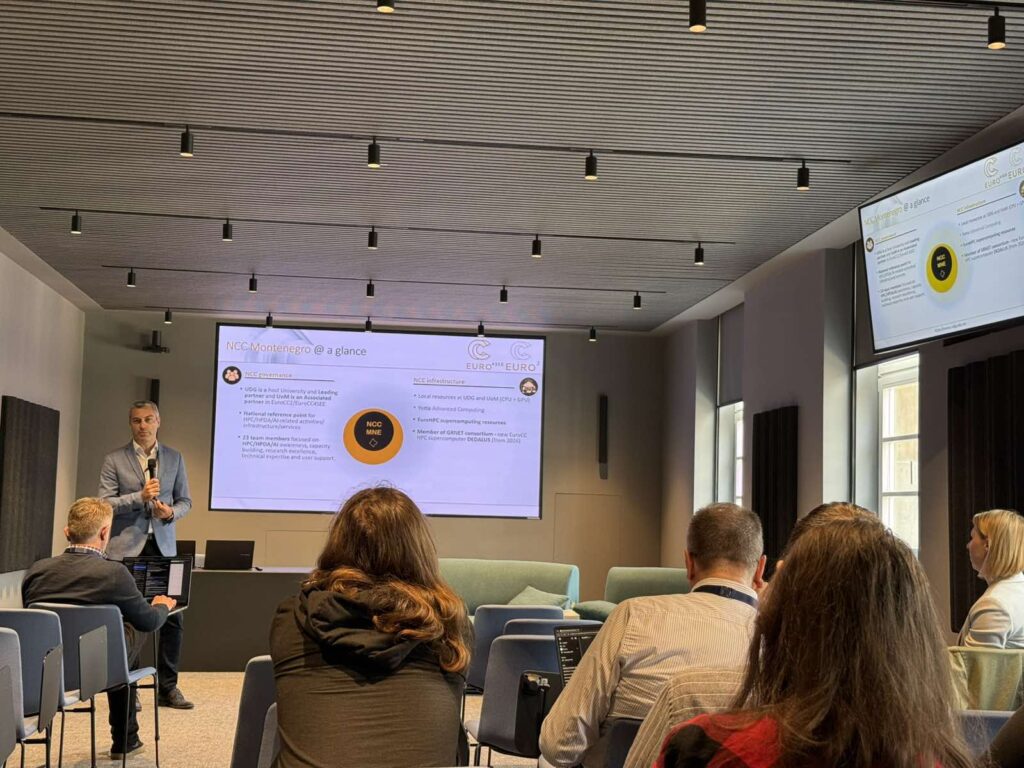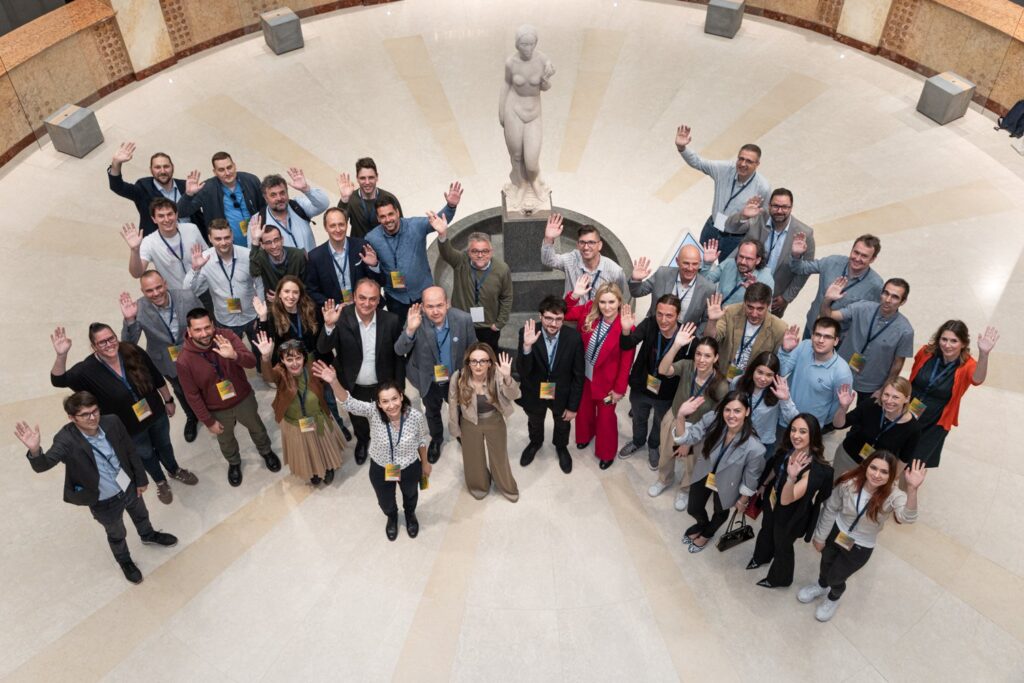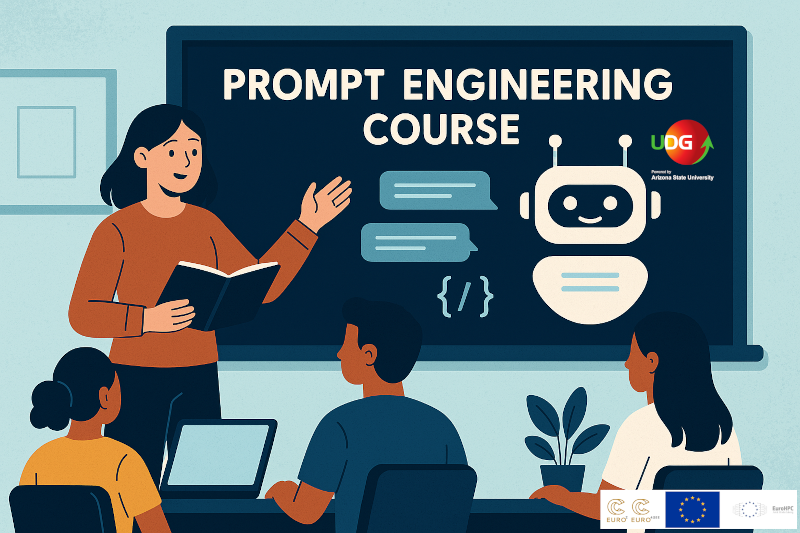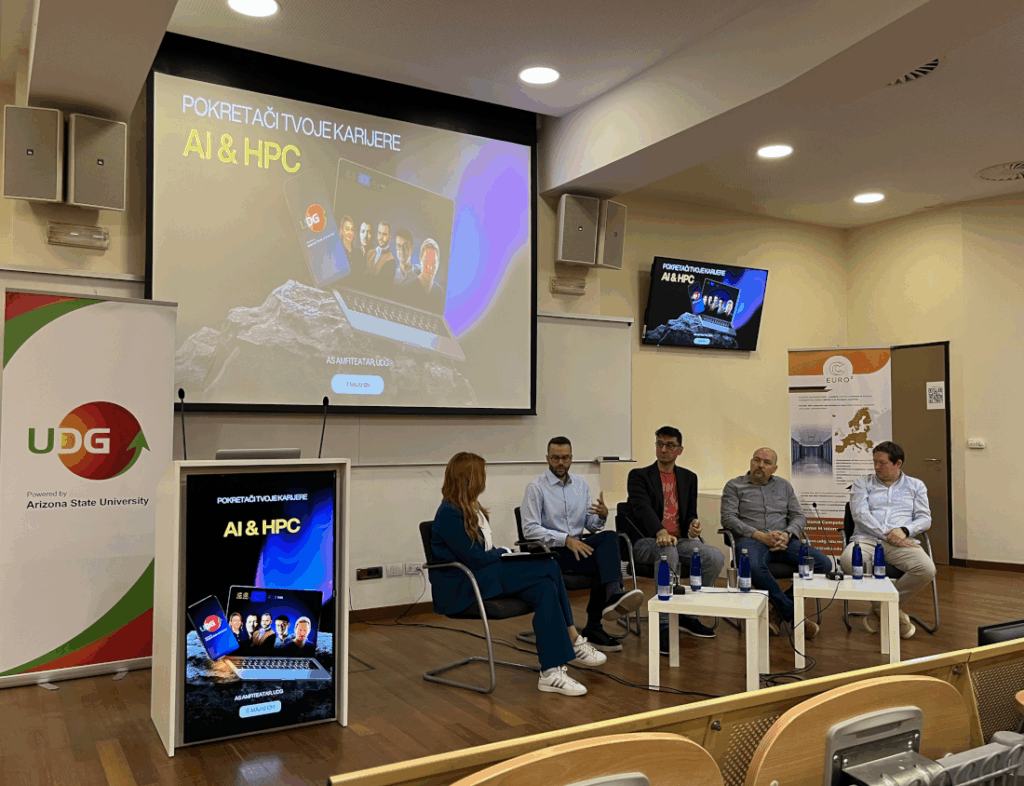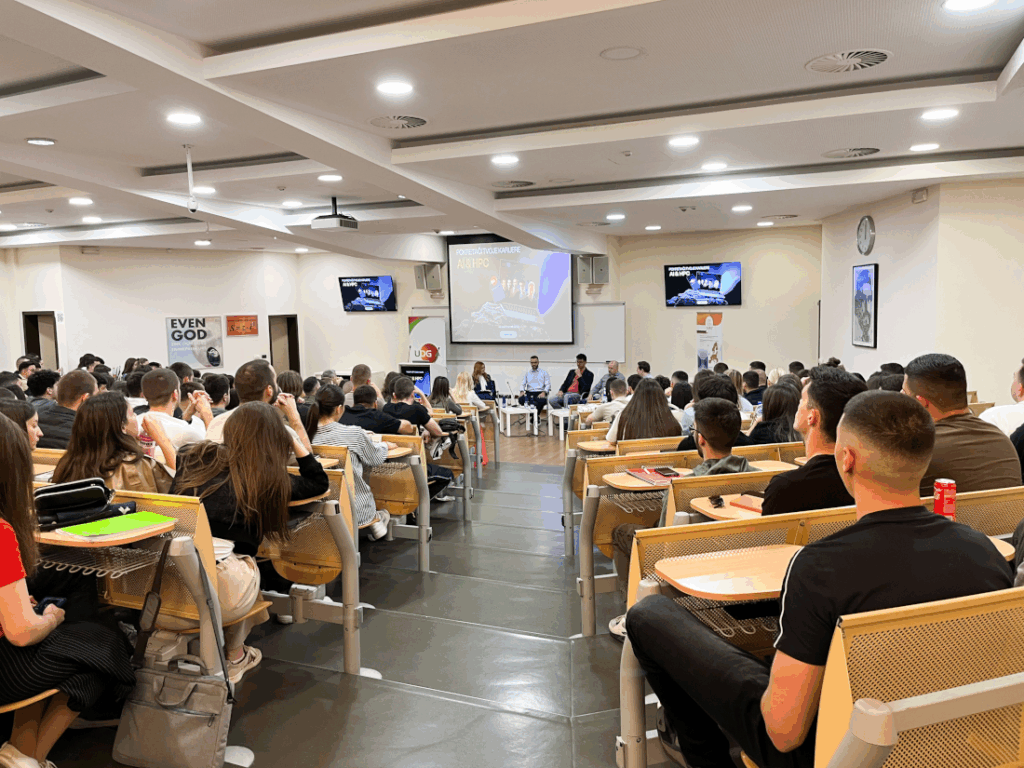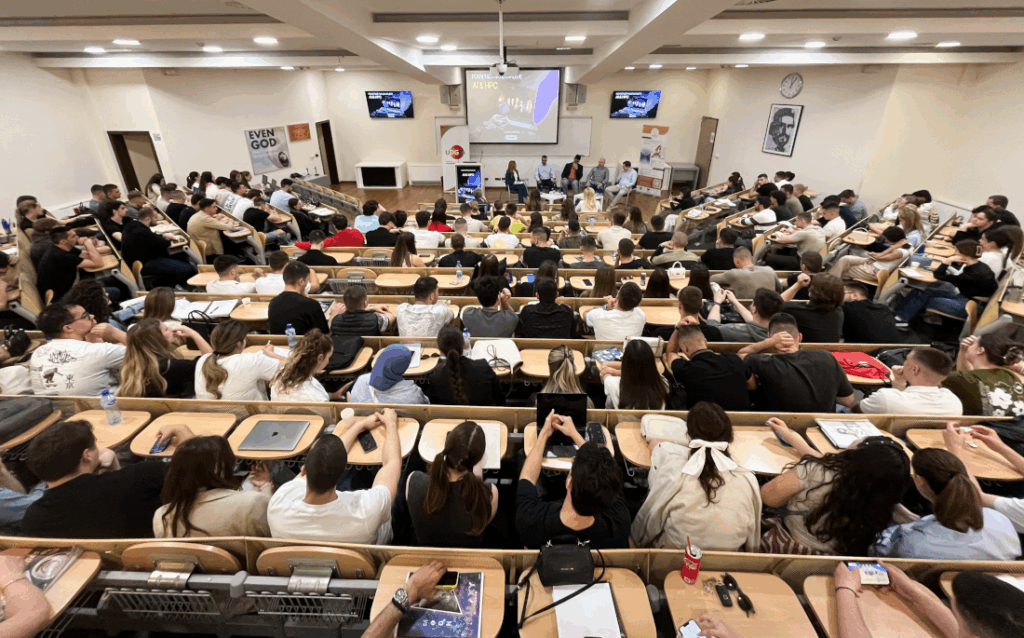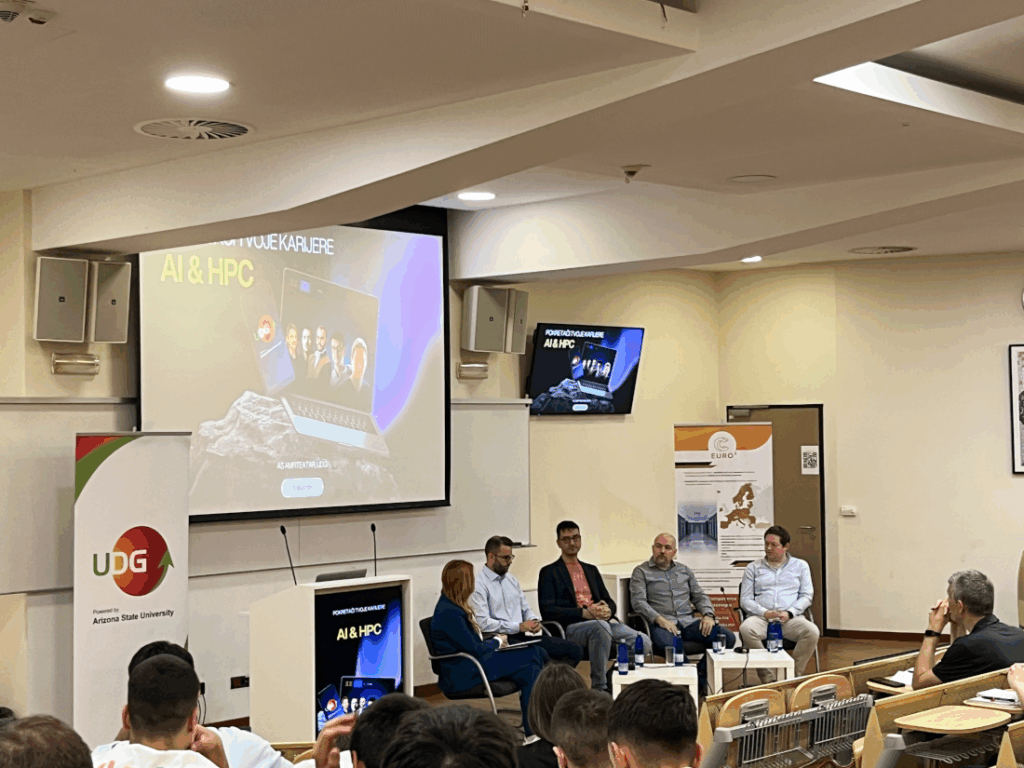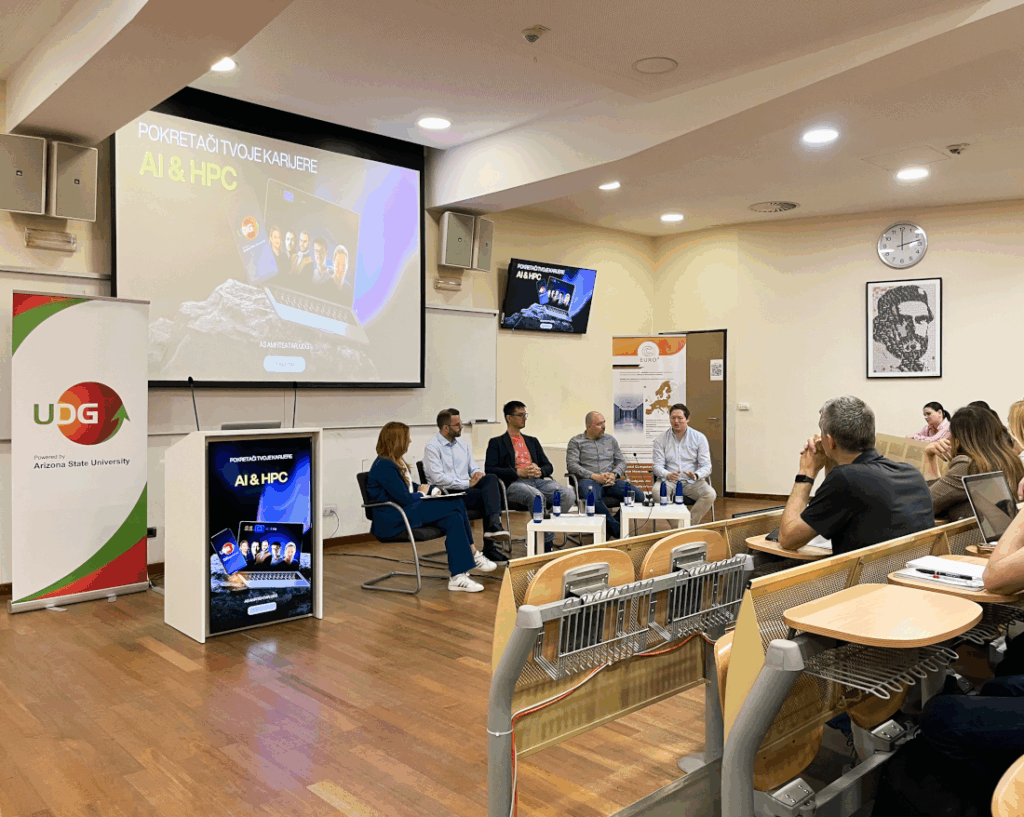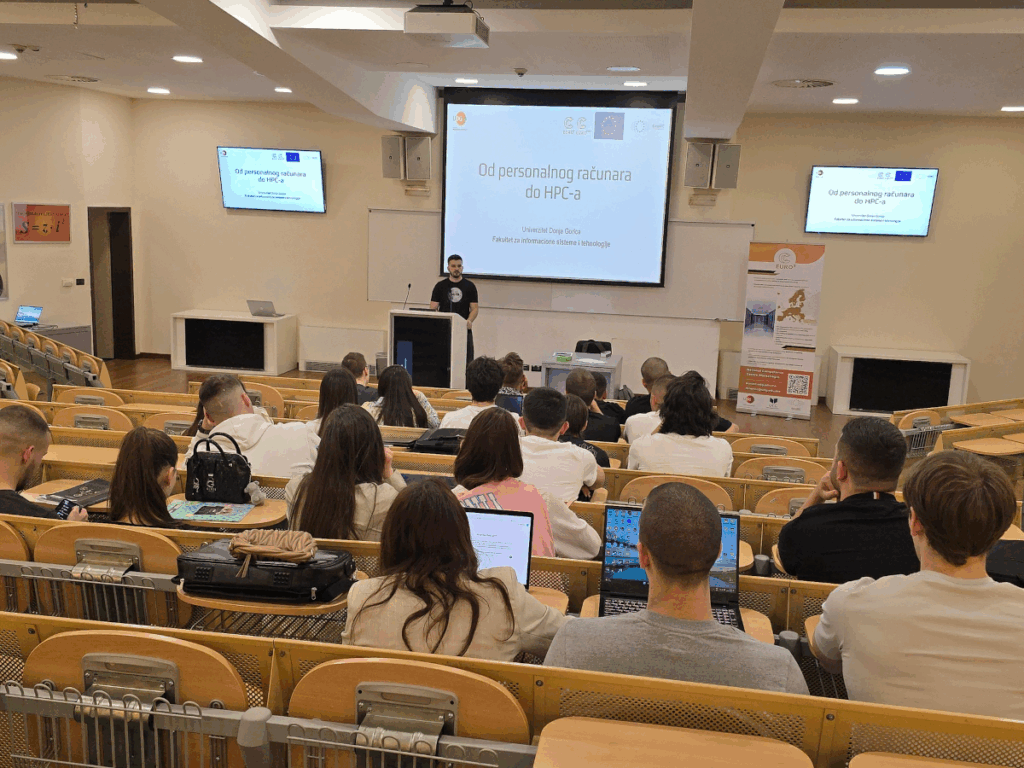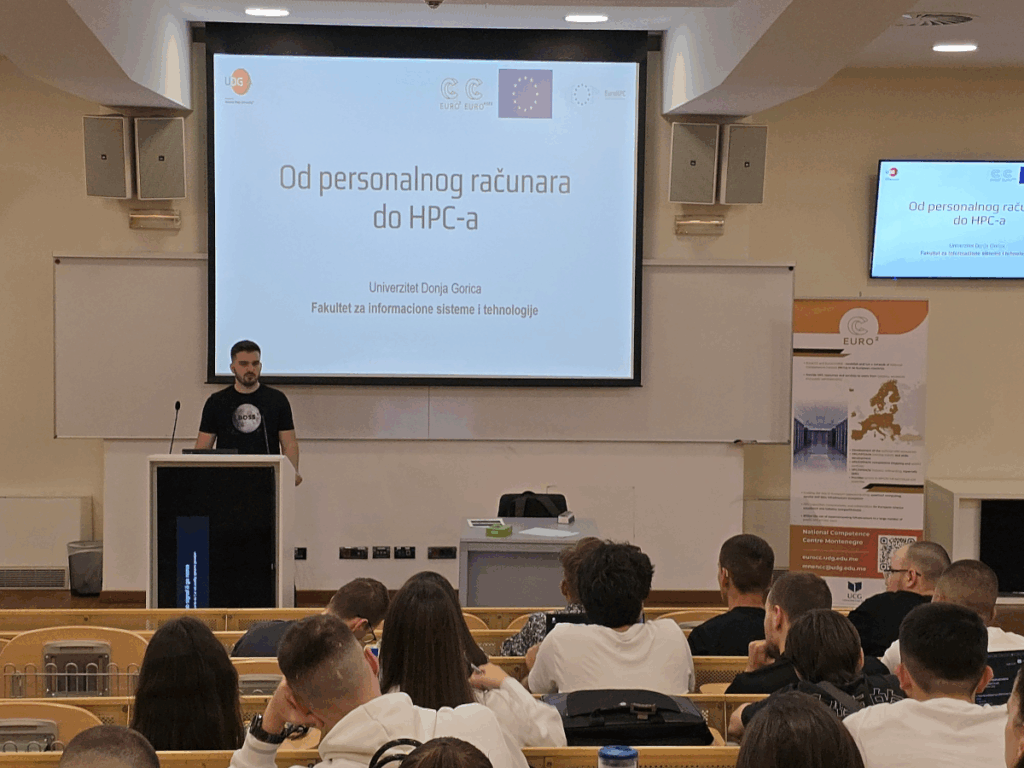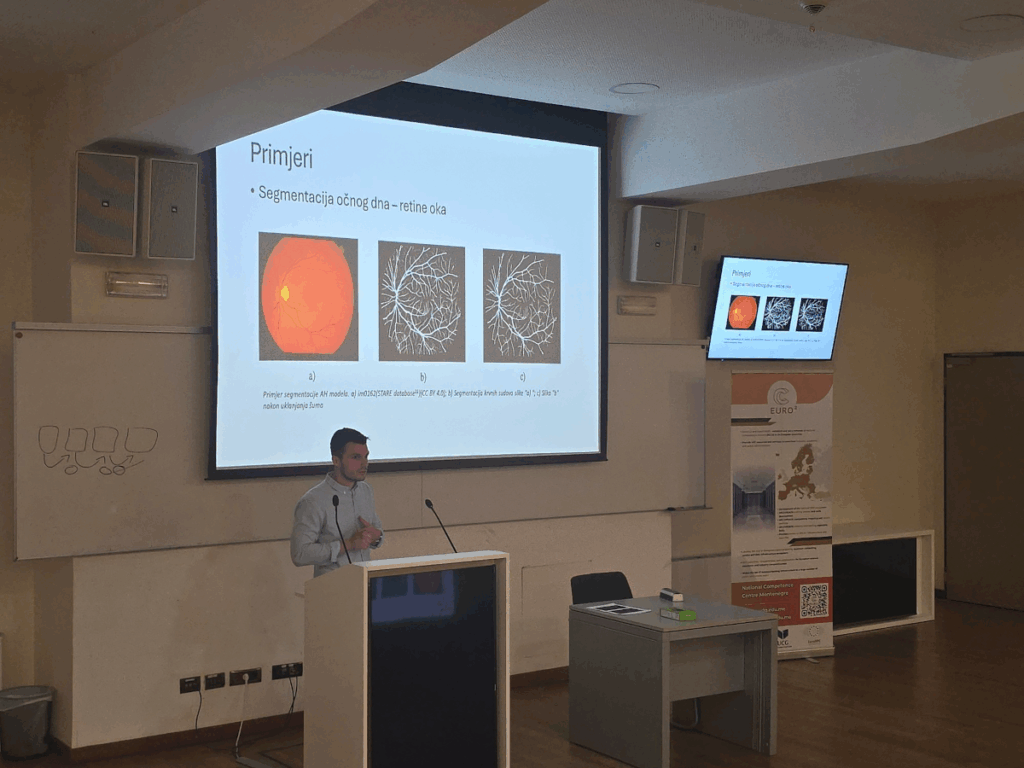Žabljak, Montenegro – NCC Montenegro, in collaboration with the 29th IT Conference, successfully hosted a dynamic two-day training event, “HPC and Industrial Cooperation – Opportunities and Perspectives,” on May 29th and 30th, 2025. Set against the stunning mountain ambiance and wild beauty of Žabljak, this initiative, implemented within the framework of the EuroCC2 and EuroCC4SEE projects, aimed to spotlight High-Performance Computing (HPC) as a pivotal instrument for advancing industrial operations. The agenda for the event is available at the following [link].

The core objective of the training was to introduce businesses to the transformative potential of HPC. The event saw enthusiastic participation from various industry representatives, including AI One, DigitalSmart, FiveG, Paid ME, Recrewty, Saga, and others. Through a series of presentations, practical examples, and interactive discussions, these participants explored avenues for implementing HPC within their respective companies. The event facilitated the identification of solvable challenges, an understanding of necessary resources, and the establishment of valuable B2B connections with members of NCC Montenegro.
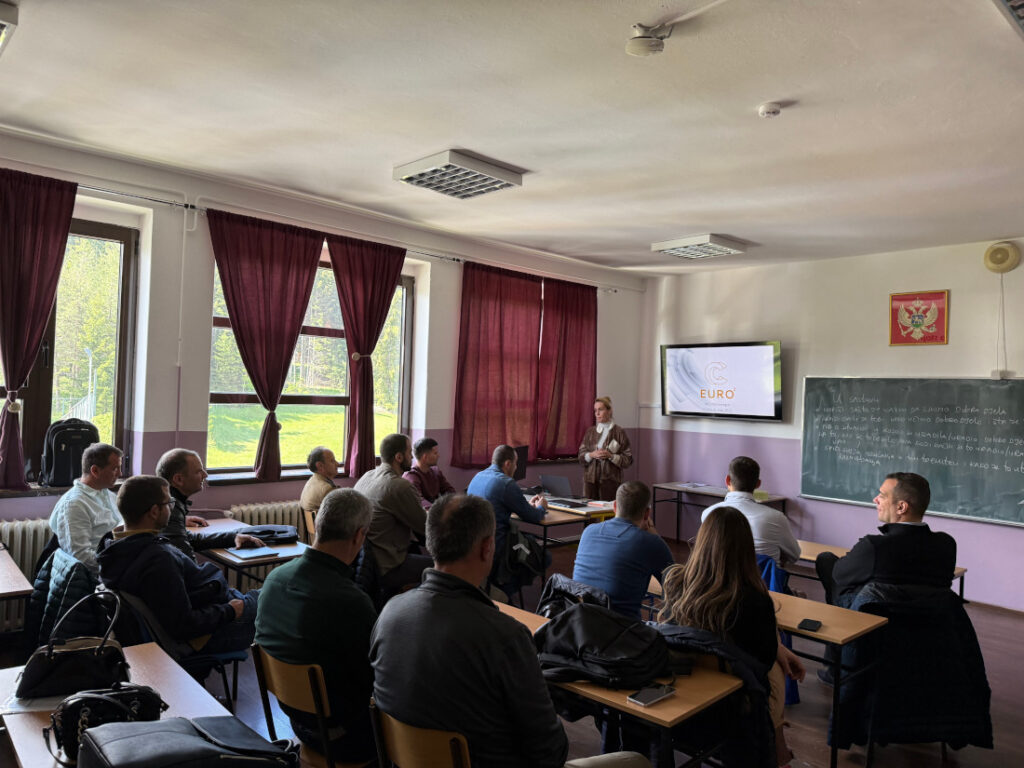
The training commenced with a warm welcome and registration, followed by an introductory session on HPC and its critical importance across various industrial sectors. Participants gained insights into the services and support NCC Montenegro offers to firms, under the banner “Count on HPC: Training and Applications.” A significant portion of the agenda was dedicated to showcasing concrete industrial use cases of HPC, demonstrating tangible benefits for businesses. The afternoons fostered engaging discussions on potential HPC applications within the attendees’ companies, alongside an exploration of the support, services, and infrastructure required for effective HPC implementation. The schedule also included valuable networking opportunities, including organized outdoor activities allowing attendees to soak in the natural splendor of Žabljak.
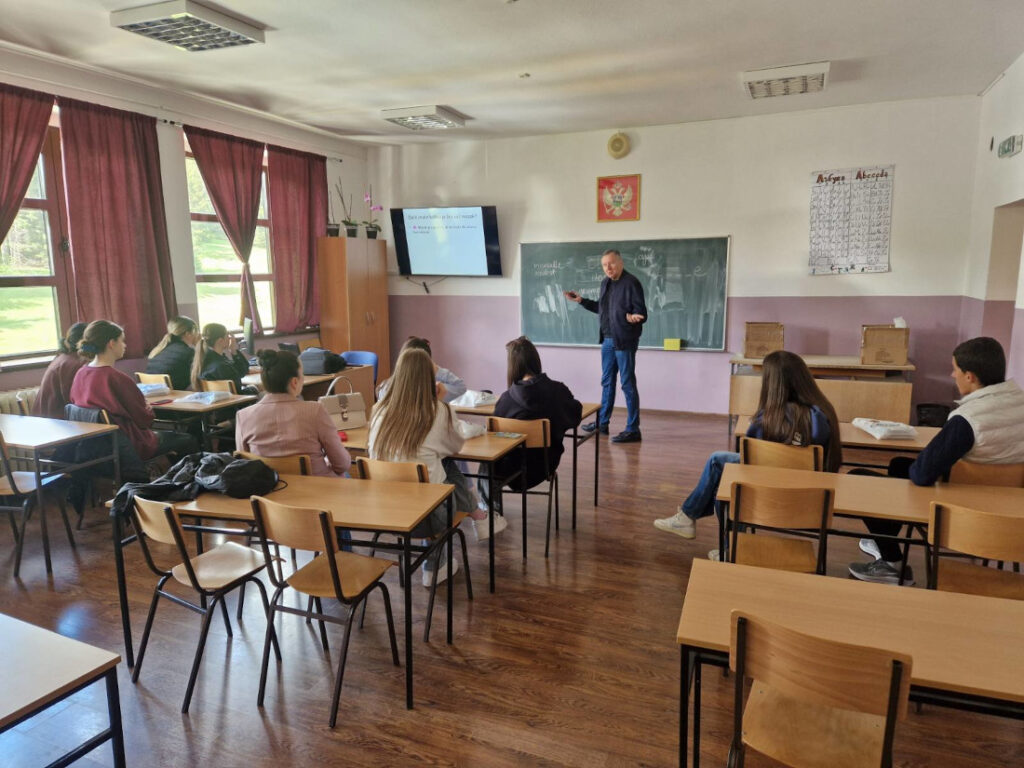
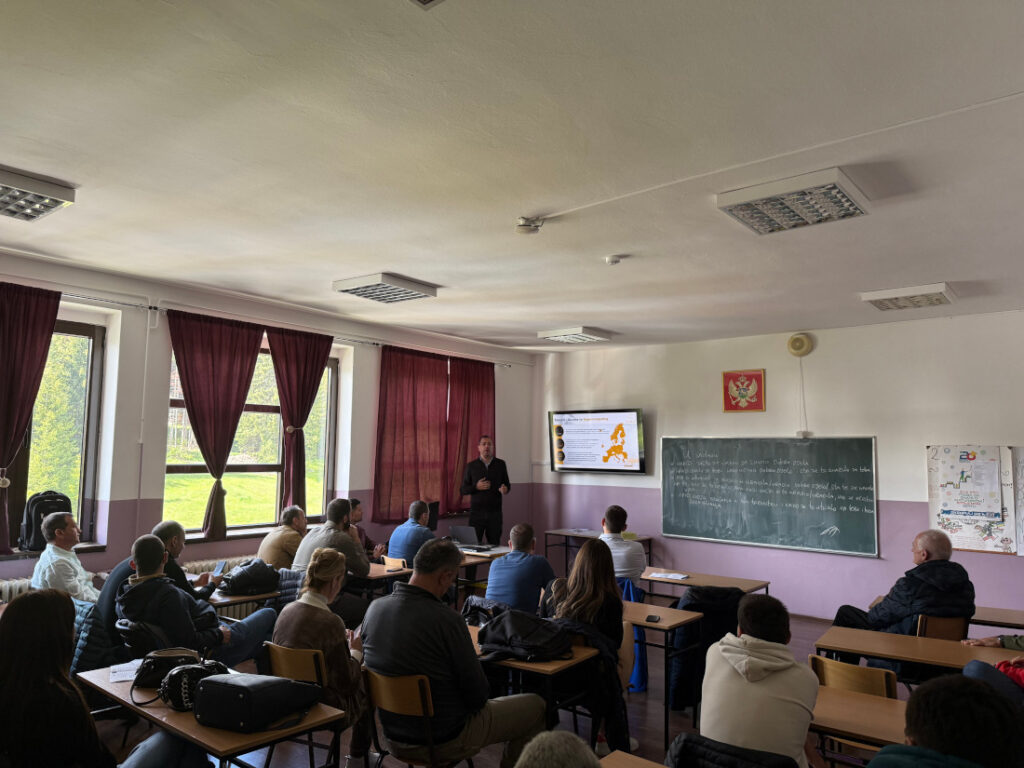
A commendable outreach initiative was the visit to the “SMŠ 17.septembar” high school in Žabljak. Representatives from NCC Montenegro delivered a presentation on HPC to students, aiming to spark their interest in STEM fields and showcase the opportunities arising from digital transformation and high-tech development. This activity also provided a platform for students to engage in discussions, thereby contributing to the local community through knowledge sharing and the application of modern technologies.
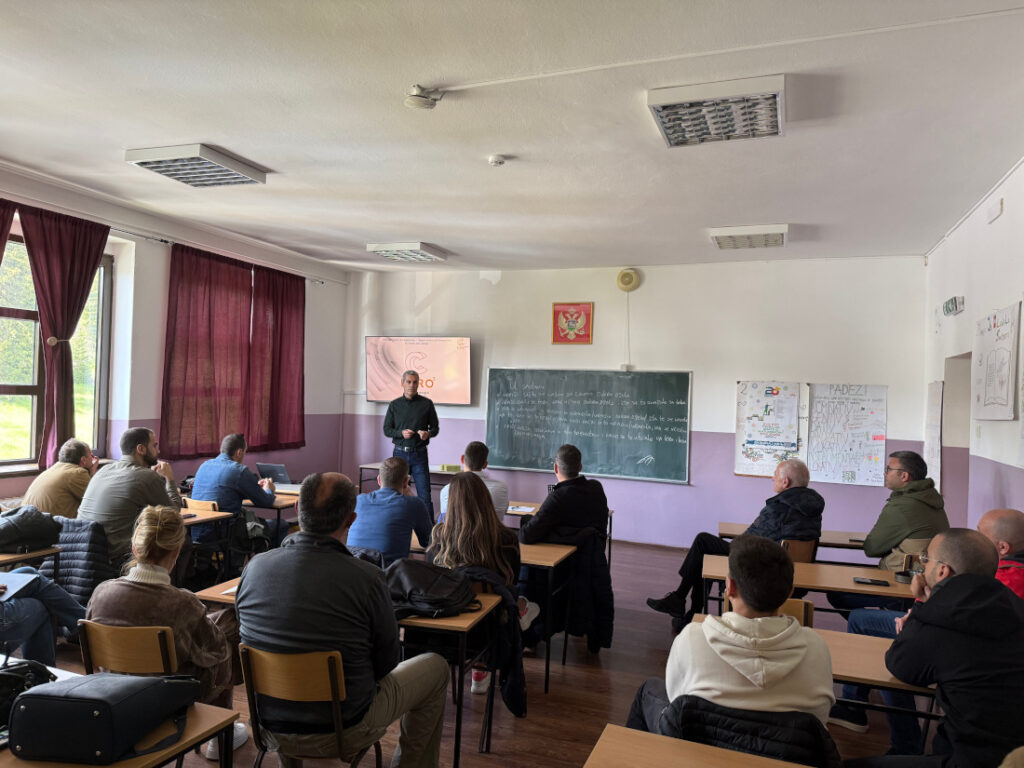
The training also focused on building bridges and planning future actions. Participants had the opportunity for individual B2B meetings and consultations with NCC Montenegro experts. A dedicated session on planning further steps helped outline future collaboration between NCC and industry, including the formation of working teams and implementation plans. The event culminated with participants presenting their preliminary ideas for HPC applications within their firms, followed by a final networking lunch and closing remarks that summarized key takeaways and recommendations for future endeavors.
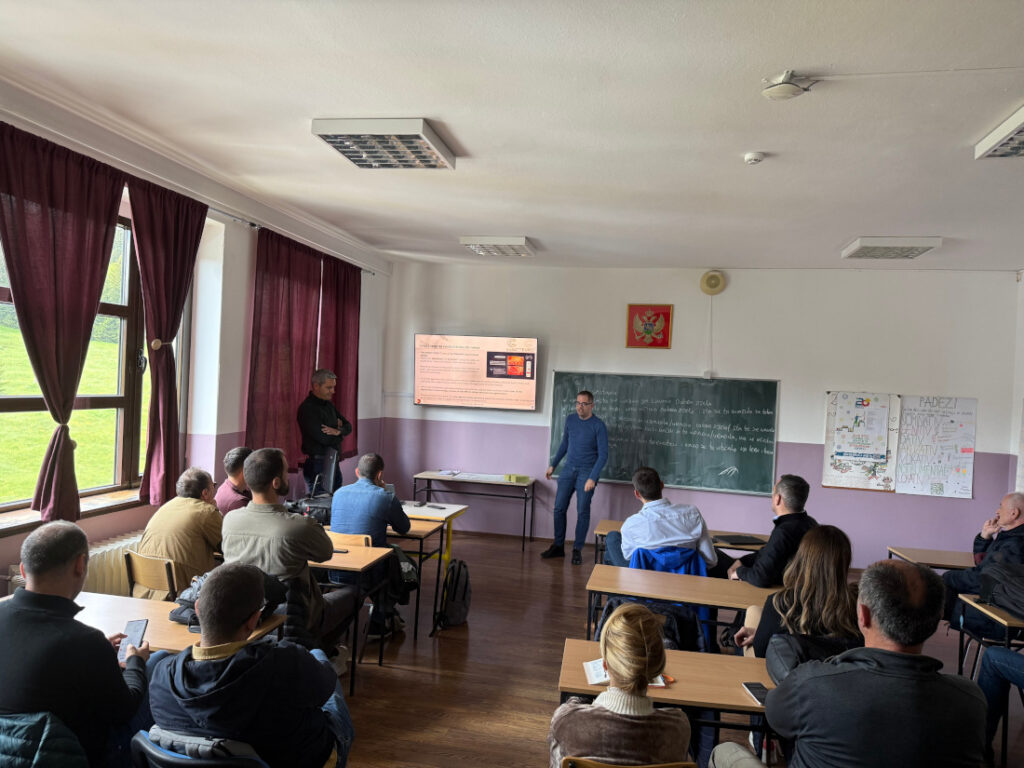
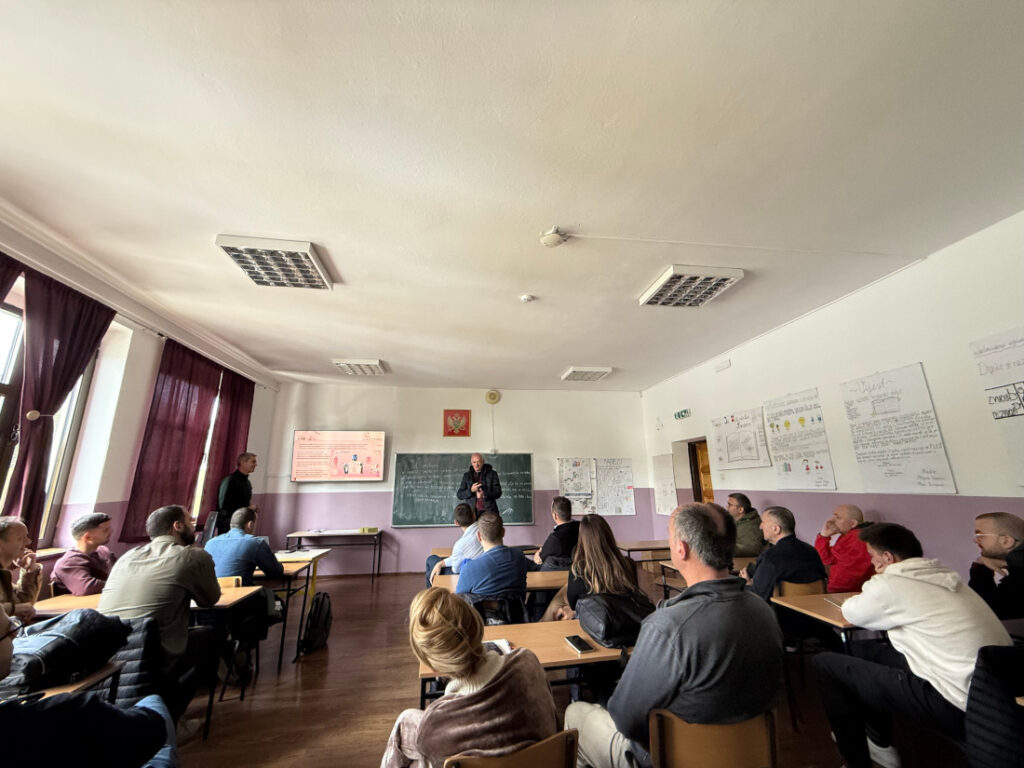
This event, enriched by the inspiring Montenegrin landscape, marks a significant step forward in integrating HPC into Montenegro’s industrial fabric. By fostering understanding, collaboration, and inspiring the next generation, NCC Montenegro is paving the way for a future driven by innovation and high-performance computing.
